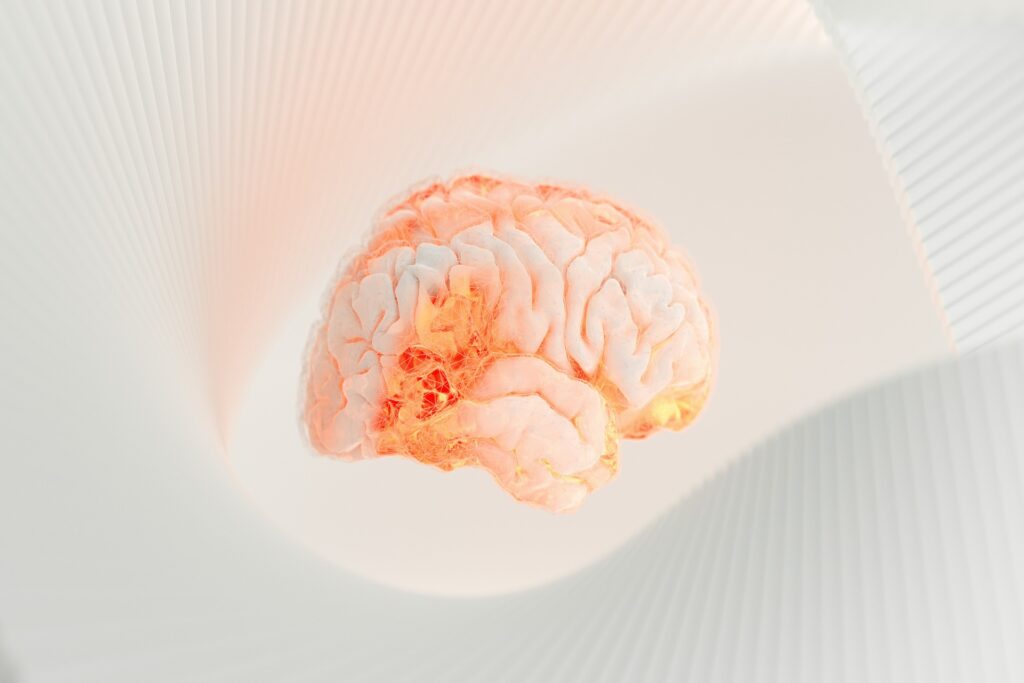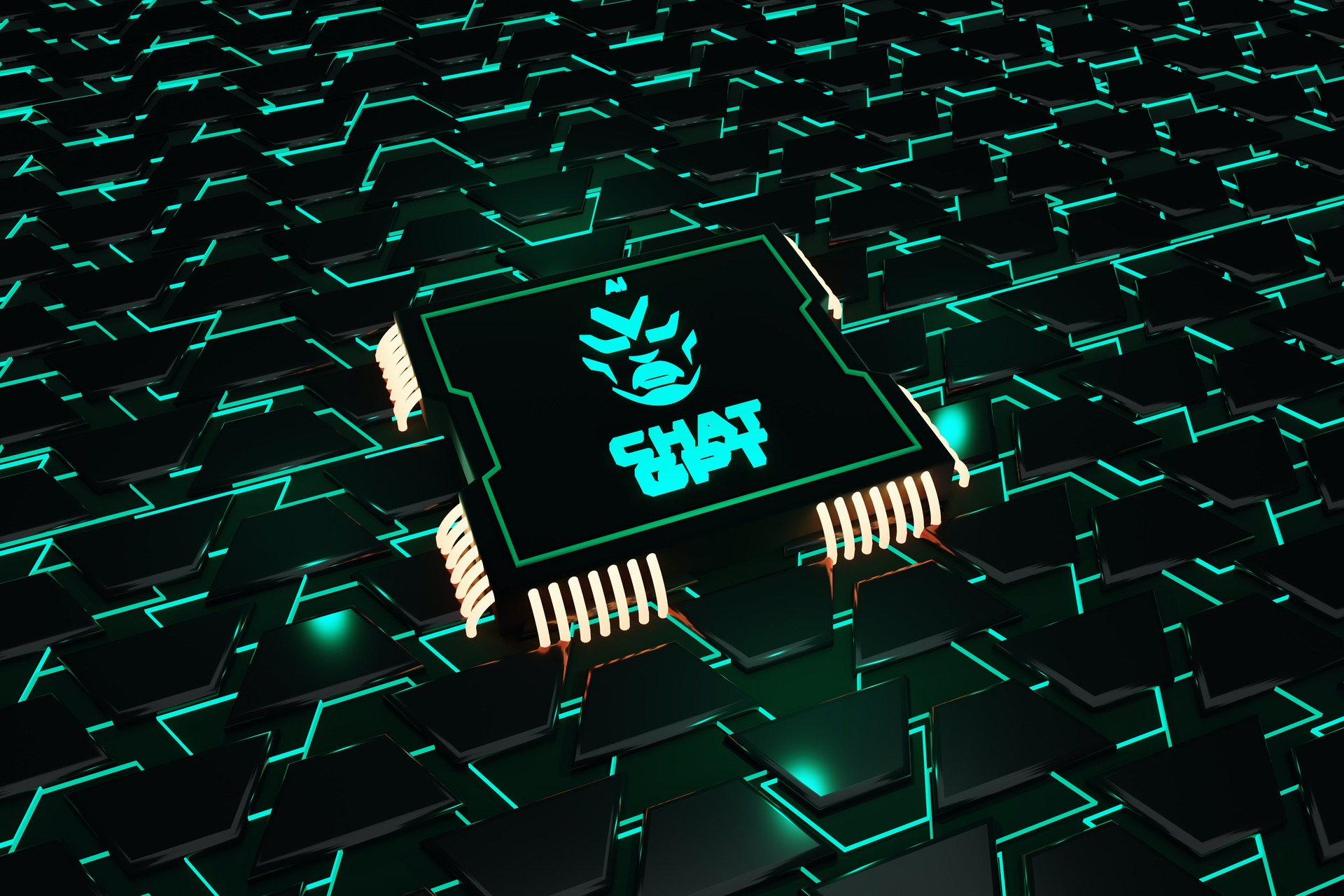The development of artificial intelligence (AI) represents a significant advancement in technology, closely mimicking human intelligence through sophisticated machines. This rapid evolution in AI profoundly impacts various sectors, revolutionizing business operations, enhancing consumer experiences and driving innovation across diverse fields.
From health care to finance and transportation, its influence is evident in its ability to automate complex tasks, analyze extensive data for deeper insights and foster new levels of technological innovation. This shift is a testament to technical progress and a transformative force in societal and economic landscapes.
Historical Overview of AI Development
The story of AI began in the 1950s, marked by the birth of the term itself and the foundational work in programming computers for tasks like problem-solving. The 1960s saw a burst of optimism and expansion, with developments in AI languages and the establishment of specialized labs.
However, this enthusiasm soon faced a reality check in the 1970s, leading to a period known as the “AI Winter,” where progress slowed due to the technology’s limitations. The 1990s ushered in a significant shift towards machine learning, focusing on systems that could learn from data.
A crucial breakthrough occurred in the 2010s with the development of deep learning techniques, allowing AI to process and learn from large datasets. This advancement led to remarkable improvements in tasks like image and language recognition.
A decade ago, no machine could match human-level proficiency in these areas. Today, the development of artificial intelligence highlights its transformative impact across various sectors, demonstrating rapid technological advancement and significant societal influence.
AI in Daily Life
It has seamlessly integrated into people’s daily lives, often subtly and unobtrusively. Virtual assistants — such as Amazon’s Alexa and Apple’s Siri — are prominent examples. These AI-powered tools understand natural language, respond to voice commands and assist with various tasks, from setting alarms to delivering weather updates.
In smart home technology, thermostat devices utilize AI to learn user habits and optimize home heating and cooling for comfort and energy efficiency. Smart security systems can distinguish between regular movements and potential security threats, enhancing home safety without constant human oversight.
Personalized recommendations on platforms like Netflix and Amazon are another testament to AI’s integration into everyday life. These services analyze user browsing and purchase histories to offer tailored product and content suggestions, streamlining the shopping and entertainment experience.
A notable example of AI’s advancement in security is Apple’s facial recognition technology on iPhones. This innovation projects 30,000 infrared dots to create a detailed depth map of a user’s face, ensuring secure and precise user identification. This development of artificial intelligence in consumer electronics simplifies device access and sets a benchmark for biometric security.
AI in Businesses and Industries
AI is crucial in modern industries because it automates processes, enhances data analysis and drives innovation.
In the manufacturing sector, AI-driven robots and automation systems streamline production lines. For example, automotive manufacturers use AI to control robotic arms for precise assembly tasks, reducing human error and increasing efficiency.
In health care, AI significantly improves data analysis. Machine learning algorithms analyze vast amounts of medical data, aiding in early disease detection and personalized treatment plans. For instance, in radiology, AI algorithms can identify patterns in imaging data that the human eye might miss.
In finance, development in artificial intelligence drives innovation through algorithmic trading, where AI systems make stock market trades at high speeds and volumes far beyond human capability. These systems analyze millions of data points in real time, making informed decisions on buying and selling stocks.
In the agriculture sector, AI helps in precision farming. Sensors collect data on soil conditions and crop health, which AI systems analyze to provide recommendations on planting, watering and harvesting. This technology maximizes crop yields and reduces waste.
In each of these industries, AI’s role is transformative, automating routine tasks, providing deep insights from data and introducing innovative solutions to complex problems. It boosts efficiency and productivity and opens new technology and service delivery frontiers.
Ethical and Societal Implications
Concerns surrounding the use of AI are significant, particularly regarding privacy, job displacement and ethical decision-making.
AI systems often require vast data, raising concerns about user privacy and security. For instance, surveillance systems can lead to over-monitoring, while personal data in AI algorithms can be vulnerable to breaches.
Moreover, AI’s ability to automate tasks leads to worries about job displacement. It affected up to 3,900 job losses in May 2023. In sectors like manufacturing and customer service, where AI can automate routine tasks, there’s a fear that it could replace human jobs, leading to unemployment and economic disparity.
Likewise, ethical decision-making in AI is a complex issue. It can inherit biases from their training data, leading to unfair decisions, particularly in sensitive areas like criminal justice or loan approvals. Ensuring AI’s decisions are fair and unbiased is a significant challenge.
Challenges and Limitations
Despite the development of artificial intelligence, it faces several limitations and challenges. A significant area needing improvement is the understanding of human emotions. AI struggles to interpret and respond to emotional nuances, a critical aspect in fields like customer service or mental health care.
Handling complex decision-making is another challenge. AI systems excel at processing large data sets and identifying patterns, but they often falter in situations requiring nuanced judgment or ethical considerations. This limitation becomes evident in areas like legal adjudication or moral dilemmas, where context and subtlety are imperative.
Other challenges include ensuring AI algorithms are free from biases, which developers can inadvertently introduce during the training process. The ongoing issue of AI’s reliance on large data sets raises concerns about privacy and security.
These challenges highlight the need for continuous research and development in AI, ensuring its growth is technologically sound, ethically responsible and attuned to the complexities of human behavior and societal norms.
The Future Development of Artificial Intelligence
The future of AI is bright, with groundbreaking developments in advanced natural language processing, potentially revolutionizing human-machine interaction. AI’s role in personalized medicine could transform health care, offering customized treatment plans based on genetic, lifestyle and environmental data.
Environmental conservation is another promising area, with AI aiding climate change modeling, ecosystem management and wildfire conservation. Additionally, AI’s application in precision agriculture could significantly address global food shortages by optimizing crop yields and minimizing waste.
Transportation is another sector ripe for AI innovation, with self-driving technology potentially becoming mainstream, leading to safer roads, reduced congestion and lower emissions. Moreover, AI can address socioeconomic issues — assisting in efficient resource allocation, disaster response and urban planning — reducing inequality and enhancing global living standards.
These advancements signify technological leaps and offer solutions to the most pressing global challenges, making AI pivotal in shaping a better future.
Recent Stories
Follow Us On
Get the latest tech stories and news in seconds!
Sign up for our newsletter below to receive updates about technology trends














